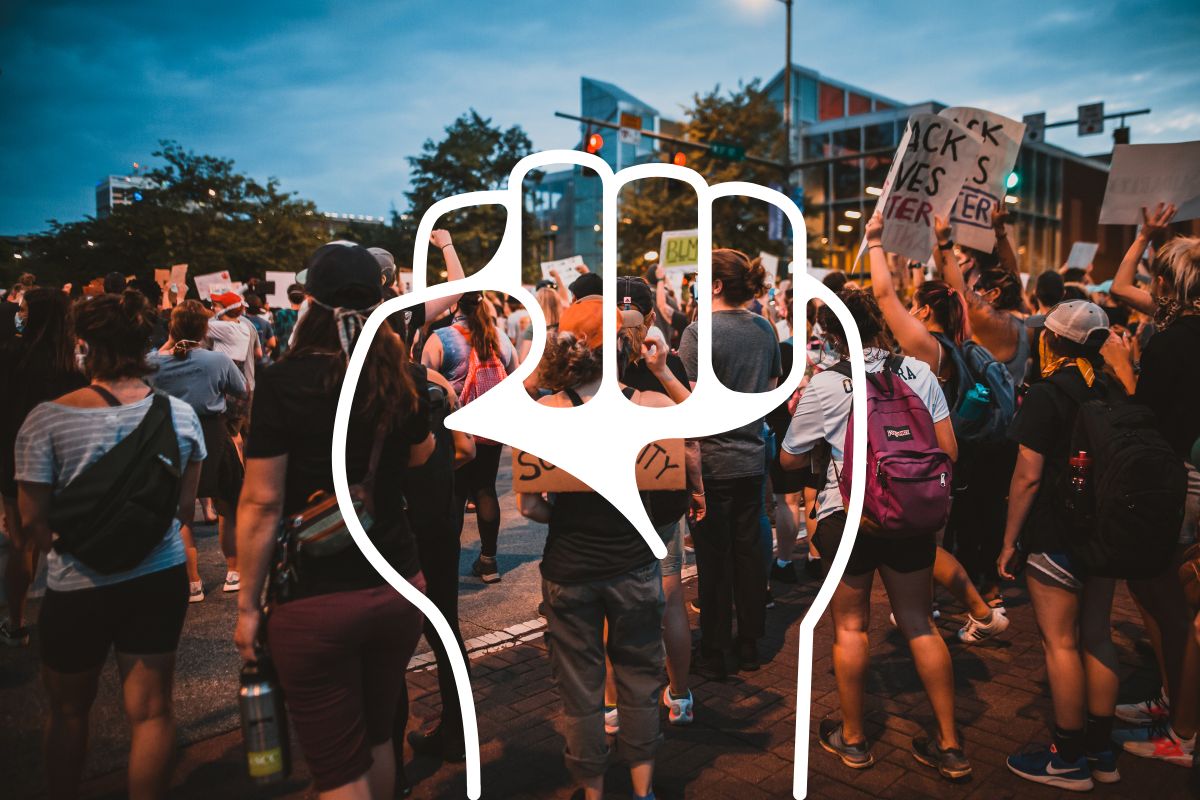
Promote Justice With Community Activism
Justice is not just the responsibility of the government or lawyers. It is a collective goal that every member of the community can work toward. Community activism is a powerful way to fight injustice, defend the rights of the oppressed, and create a fairer society.
Key Takeaways:
- Community activism involves collective action to address social injustices.
- Simple actions like signing petitions, joining protests, or sharing accurate information can greatly contribute to the fight for justice.
- Building strong community connections strengthens advocacy and drives real change.
- Everyone has the power to participate and be part of a larger movement toward a more just world.
What Is Community Activism and Why Is It Important?
Community activism is the collective action of individuals to address issues related to justice, rights, and equality. You don’t need to be a government official or a well-known personality to make a difference.
Simple acts like signing petitions, joining awareness campaigns, or sharing important information are already part of community activism.
In many countries, community activism has played a vital role in improving government policies, pushing for justice system reforms, and giving a voice to marginalized groups. Collective action has the power to turn seemingly impossible changes into reality.
How to Get Started with Community Activism
There are many ways to engage in community activism, regardless of your skills or situation. You don’t have to be a full-time activist to help promote justice.
Identify Issues in Your Community
The first step is to understand the key problems around you. Is there a lack of legal services for low-income individuals?
Are there cases of workplace discrimination? Understanding the real situation will help you determine how to contribute effectively.
Join Organizations and Initiatives
Many non-government organizations (NGOs), community groups, and advocacy campaigns are actively working toward justice. You can volunteer in their programs, participate in community forums, or help raise funds for those in need of legal aid.
Use Social Media for Advocacy
Social media is a powerful tool for spreading information. By sharing accurate information, participating in online discussions, and encouraging others to join campaigns, awareness about justice issues can grow rapidly.
Take Small Actions with a Big Impact
Not all actions need to be large-scale to make a difference. Simply spreading awareness, supporting local initiatives, and discussing the importance of justice with friends and family can be significant steps.
Examples of Successful Community Activism
Many movements worldwide have succeeded due to the collective efforts of communities. Here are some inspiring examples:
Black Lives Matter (BLM)
This movement was born out of the call for equal treatment of African Americans and the fight against police brutality in the United States. Through community activism, significant policy changes were made, and more people became aware of racial injustices.
The movement has influenced policy reforms, such as the reallocation of police funding and greater transparency in law enforcement practices. Additionally, BLM has played a significant role in promoting conversations about systemic racism and civil rights worldwide.
Women’s Rights Advocacy
In many countries, large-scale campaigns have strengthened protections for women against discrimination and violence. In the Philippines, the passage of the Anti-Violence Against Women and Children Act was a result of widespread advocacy from various groups.
These movements have led to policy changes addressing workplace harassment, reproductive rights, and gender-based violence. Activists continue to push for equal opportunities in education, leadership, and economic participation for women globally.
Community Bail Funds Movement
In the United States, several organizations help low-income individuals who are jailed without bail due to an unfair justice system. Through community donations, thousands of people have been freed from unjust imprisonment.
This movement has also raised awareness about the flaws in the cash bail system, which disproportionately affects marginalized communities. As a result, some states have begun implementing bail reform measures to reduce unnecessary pretrial detention and promote fairness in the legal system.
Why Collective Action Matters
Creating change is not just the responsibility of one person or group. Collective action strengthens advocacy, builds a more powerful force, and creates deeper impact. Here’s why it is essential:
More Voices, Greater Impact
When more people participate, advocacy gains more strength. A single letter from one person may be ignored, but if thousands of citizens voice the same concern, authorities are more likely to respond.
Collective action amplifies individual voices, making it harder for authorities to dismiss pressing concerns. Additionally, strong public support can lead to faster policy changes and accountability from decision-makers.
Raises Public Awareness
Many issues do not get enough attention due to a lack of information. Community activism helps educate the public about important matters that may be overlooked but have a significant impact on their lives.
Raising awareness encourages dialogue and discussion, prompting individuals to take action and demand systemic change. When the public is well-informed, they can better support policies and reforms that uphold justice and equality.
Leads to Concrete Change
Many laws, policies, and programs have been created through collective action. From advocating for workers’ rights to protecting the environment, community activism is a vital tool in building a more just society.
Historical movements, such as civil rights campaigns, have demonstrated how consistent activism leads to legislative victories. Sustained efforts from communities help ensure that policies are effectively implemented and remain impactful in the long term.
Be Part of the Change
Justice is not a privilege but a right for everyone. Community activism ensures that no one is left behind and that everyone has a voice in society. You don’t need to be a lawyer or an official to make a difference—simple acts of participation, sharing information, and supporting justice initiatives can have a lasting impact.
Collective action brings hope and proves that change is possible when people work together for the common good. There’s no need to wait for the right time or opportunity—the best time to start is now.
